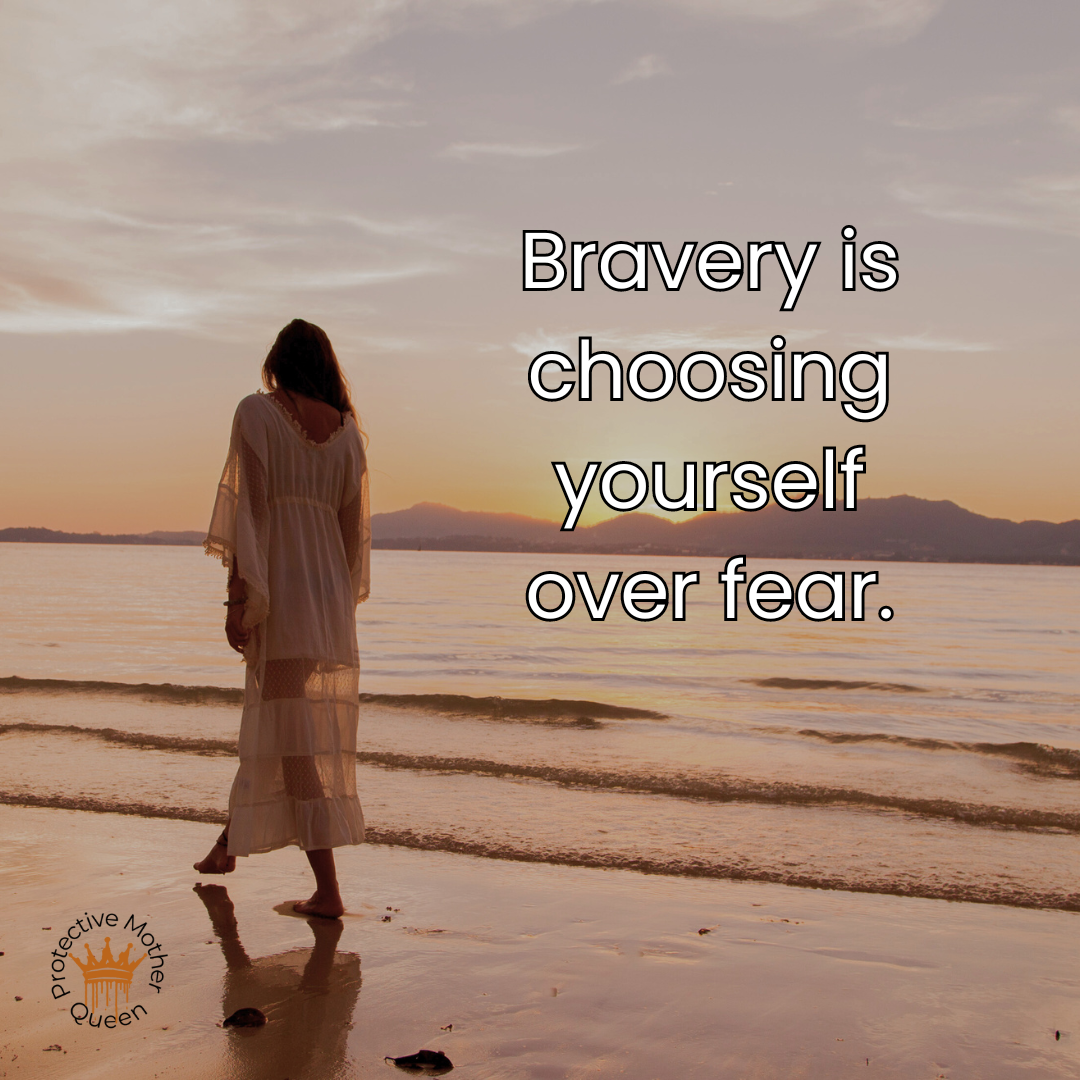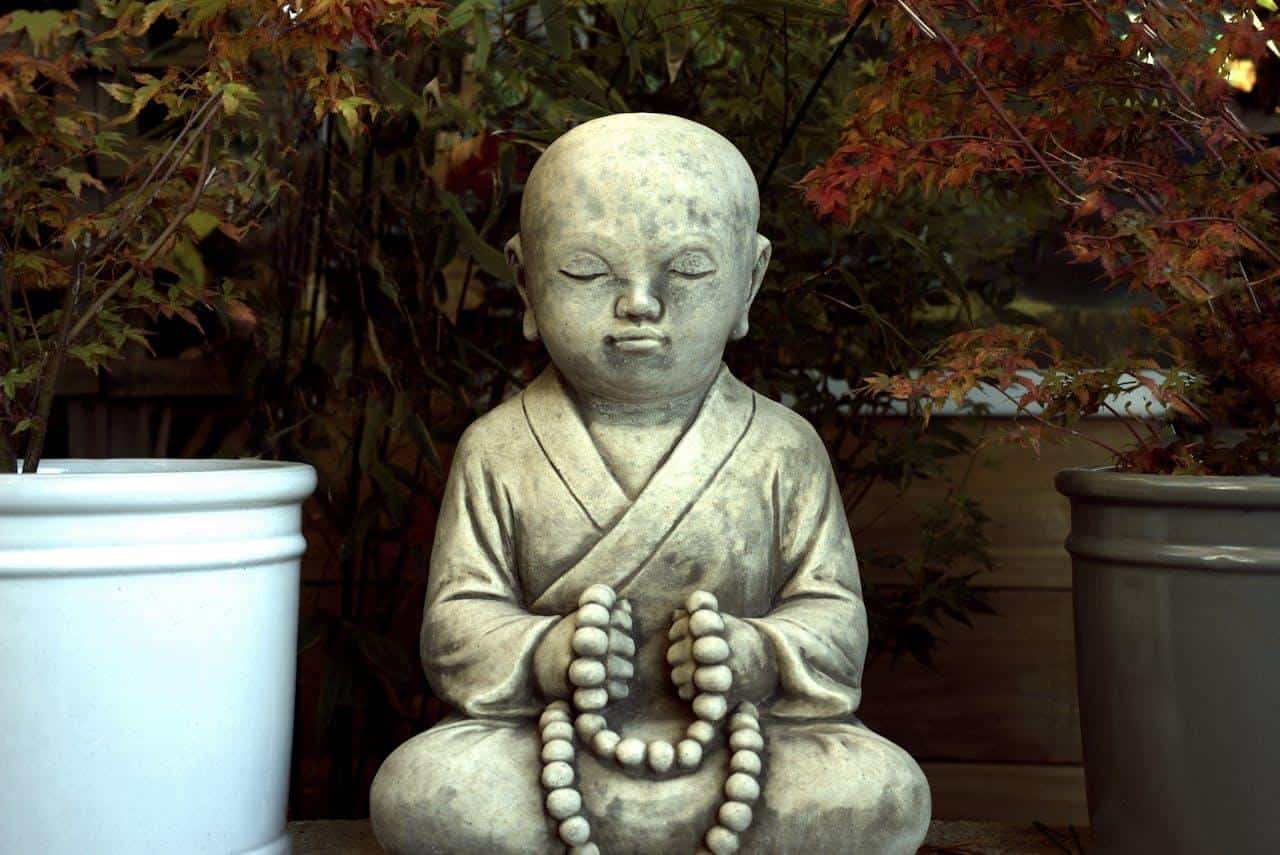Escaping an abusive relationship is one of the most courageous acts a person can take, but it’s also an incredibly difficult and dangerous time. The period immediately after leaving is when a survivor is at the highest risk of further violence or escalating abuse from their former partner. That’s why having a strong support system is vital. Not all of us are fortunate to have a supportive network, though, often having woken up to a situation where friends and family have no idea what’s been going on with us.
If someone you care about has shared their reality and has made the brave decision to leave an abusive situation, your compassion, understanding, and practical assistance can make all the difference in helping them rebuild their life. Here are some key ways you can provide a safe haven:
Listen Without Judgment
One of the most powerful things you can do is simply listen with an open mind and heart. Allow the person to open up about their experiences at their own pace, without victim-blaming or minimizing the abuse they endured. Validate their feelings and remind them that the abuse was never their fault.
The trauma of an abusive relationship can leave deep psychological scars. I am still picking the scabs off of mine, 20 years later. A non-judgmental presence creates a safe space to process complex emotions like fear, shame, anger, and grief. Resist the urge to bombard them with questions or advice. Just being a compassionate ear can be incredibly healing.
Offer Practical Assistance
In addition to emotional support, or even if you are unable to offer emotional support, there are many practical ways you can help someone transitioning out of an abusive situation:
– Provide a safe place to stay temporarily if needed, away from their abuser.
– Help them access vital resources like domestic violence shelters, counseling services, legal aid for things like restraining orders and divorce proceedings, and more.
– Assist with tasks like finding new housing, employment opportunities, childcare, doctor appointments, and other essentials as they work to rebuild their independence.
Even small gestures like helping pack belongings, providing transportation, or sharing a meal can make a big difference during this stressful time.
Respect Their Autonomy
It’s important to understand that leaving an abusive relationship is a process, not a single event. There may be setbacks or times when the person needing your support has mixed feelings or doubts. Resist the urge to pressure them into taking actions they aren’t ready for, like filing charges or cutting off all contact with their former partner. They have to be able to work it out for themselves, and mistakes will likely be made.
While you can make suggestions if asked, allow them to make their own decisions about next steps. Let them know you respect their choices and will continue supporting them no matter what. Regaining a sense of autonomy after being trapped in an abusive dynamic is crucial to their healing.
Provide Emotional Support
Check in regularly and let them know you’re available to listen without judgment as they process this trauma. Encourage self-care activities that can promote healing, like exercise, journaling, counseling, meditation, or just enjoying hobbies and interests they may have been cut off from. They might even need reminders to take care of simple tasks, like washing their face, taking a shower, washing their hair, drinking water, and making important phone calls.
Remind them of their courage, strength, resilience, self-worth, and all the reasons you admire them. Having someone in their corner who believes in their ability to survive and thrive can be incredibly empowering. Don’t underestimate this.
Educate Yourself
Finally, take the time to learn about the complex dynamics of abusive relationships and why leaving can be so extremely difficult and dangerous. Avoid victim-blaming language or attitudes, and recognize that the abuse was never the victim’s fault.
Trusted sources like the National Domestic Violence Hotline (thehotline.org) provide a wealth of information to help you better understand what your loved one has been through. The more you’re able to empathize with their experience, the more effectively you’ll be able to support them.
By offering a compassionate, non-judgmental support system, you can play a crucial role in empowering survivors to safely escape abuse and rebuild lives filled with dignity, independence, and hope for the future. It can be difficult to observe someone on a healing journey. The important thing to remember is that it is THEIR journey to navigate and what you may perceive as a huge mistake may be exactly what they need to experience to be able to move forward. Your belief in them can help create the safe haven they so desperately need and deserve.







